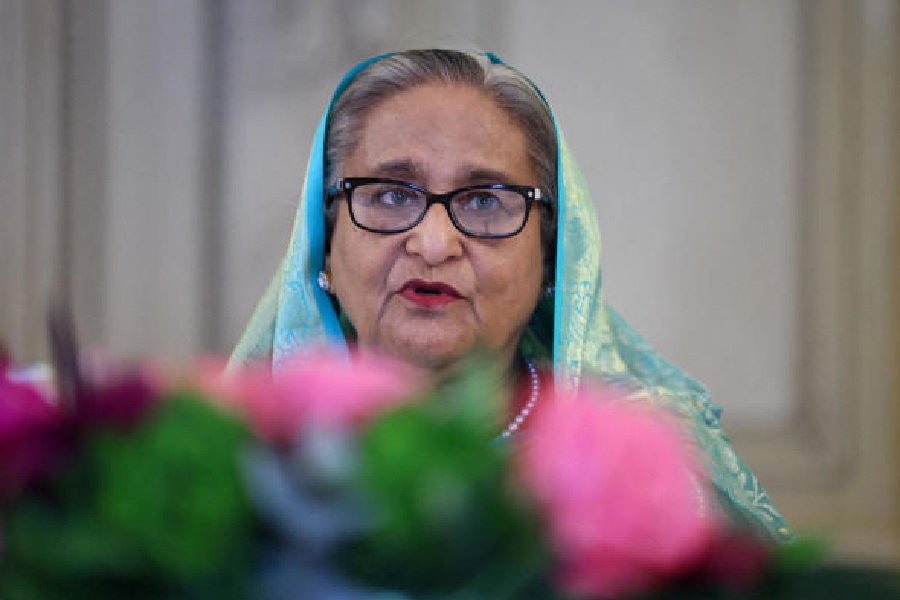A legacy does not lose its value because the leader who created it has been deposed. Although Sheikh Hasina Wazed, the longest-serving former prime minister of Bangladesh, has had to leave the country, her legacy, especially in the social and economic spheres, deserves an unbiased look. Her welfare policies for one had led the country past India in Human Development Index rankings. Bangladesh’s economic development may have stalled and slid since Covid 19: its effects were part cause of the popular disaffection. But from the first term of her never untroubled rule, Ms Wazed focused on strengthening the country’s infrastructure, beginning at the basics, such as electricity. By allowing private players in this sphere — a much-criticised move — she lessened domestic outage and helped industry grow. Ms Wazed’s new industrial policy encouraged growth and converged with certain reforms to the economy. In Bangladesh, the garment industry was the largest; Ms Wazed made it larger, increasing the markets abroad and providing employment, especially for women, at home. The national policy for women’s advancement aimed for gender equality by creating an educated workforce and ending repression and discrimination. Senior citizens and widows, distressed and deserted women, and the homeless received financial support while a policy for improving children’s bringing up was implemented too.
This socialistic focus on the most vulnerable sections of society was matched by a thoughtful use of the private sector. The most remarkable achievement was the opening up of the telecommunications industry to private players as a result of which Bangladesh has some of the lowest mobile usage charges in the world. Banking too was opened to the private sector and mobile banking was made possible owing to that. Micro-credit flourished under Ms Wazed’s administration. The balance of socialist and capitalist approaches was carefully achieved — food grain production increased in the agricultural sector through the policies of Ms Wazed’s government, for example, while export processing improved by allowing private companies in. Ms Wazed’s government also signed the Chittagong Hill Tracts Peace Accord to end insurgency in the Chittagong division, for which Ms Wazed received the UNESCO Peace Prize. She was also commended for her efforts to reach the United Nations Millennium Development Goals. It is ironic, even tragic, that a leader who had made these things possible turned the people against her for the curtailing of political and civil liberties. History is ruthless; it is also ineradicable.











